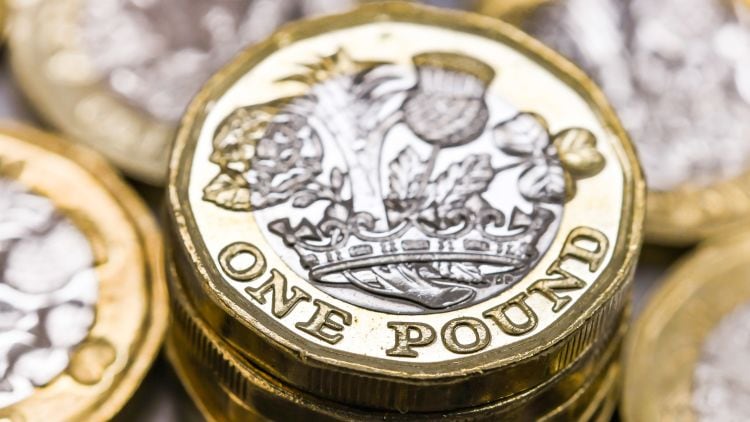Energy prices have soared in recent months due to a worldwide shortage of gas and energy supplies, pushing millions of household bills up 12% since the start of October. Energy supplier Ofgem has also confirmed the cap is set to rise again in April.
Licensee of the Red Lion & Sun in Highgate, north London, Heath Ball, who’s energy bills went from £346 to £1,310 in just one month, said: “It seems like everything is against us now, it’s not much fun. Going into winter, our usage has gone up with turning the heating on in the pub, which we didn’t have to worry about in the summer.”
Loans may not be the answer
“The Government don’t really understand our business. We need them to do something quick, like say instead of paying 100% of our business rates next year, pay 50%. The Government talk like Covid is over, we’ve been broken down and beaten and are trying to get back on our feet, if they can come up with a furlough scheme in a matter of weeks, they can come up with something for business rates now.”
Larger business contracts vary greatly in terms of charge mechanism, arrangement, and duration. The nature of the contract determines if, or how quickly, changes in wholesale costs feed through into prices. Different contracts will also treat different non-energy costs, such as network charges or agent fees, in different ways.
A spokesperson for Ofgem said: “The amounts non-domestic customers pay will depend on their commercial contracts. Currently wholesale gas prices are at a record high, driven by international supply and demand factors, and this will be feeding into some contracts.”
There are two types of energy contracts typically used domestically and non-domestically; fixed contracts, which are charged at a set rate per unit of energy (measured in kWh) for the fixed term of the contract or variable contracts, where the rate charged per unit of energy (measured in kWh) is linked to market activity, so the rate per unit of energy could change throughout the contract.
The majority of publicans contacted by The Morning Advertiser said more loans offered as aid from the Government was not practical as this just builds up more debt in the long run, but further tax relief would be the answer to their prayers.
Manager of the Three Tuns Inn in Chepstow, Monmouthshire, Tracy Warnock said: “Our energy prices have risen quite substantially recently and after Covid we are still trying to catch up. It’s not a very good situation, we just seem to be getting attacked from every angle.”
Rising prices are not the only problem
“I understand where the Government is coming from, everything is having a knock-on effect, but the cost rising on everything has a massive impact for us. Further tax relief would be very beneficial, the previous tax relief was a massive help.”
Some establishments though, are finding business better than pre-pandemic, a spokesperson for brewer and operator, BrewDog said: “It’s a challenging market but we are delighted to say our hospitality business is now larger than it was pre-pandemic, so we are recovering fast.”
The recent CO2 crisis hindered the production of supplies for businesses and the rise in energy costs has certainly added pressure for some, although a deal has now been agreed to avert CO2 shortages until January 2022.
A representative for Carlsberg Marston’s brewing company said: “The rising gas prices is affecting all sectors, including ours. We are in a fortunate position where the majority of our beer volume is brewed and packaged at our Northampton brewery, where we have CO2 recovery equipment in place.”
“This means we are self-sufficient across many of our biggest brands including Carlsberg Danish Pilsner, Carlsberg Export and San Miguel so the impact on us is less. Recent intervention by the Government has helped, and we will continue to monitor the situation and mitigate where we can.”





